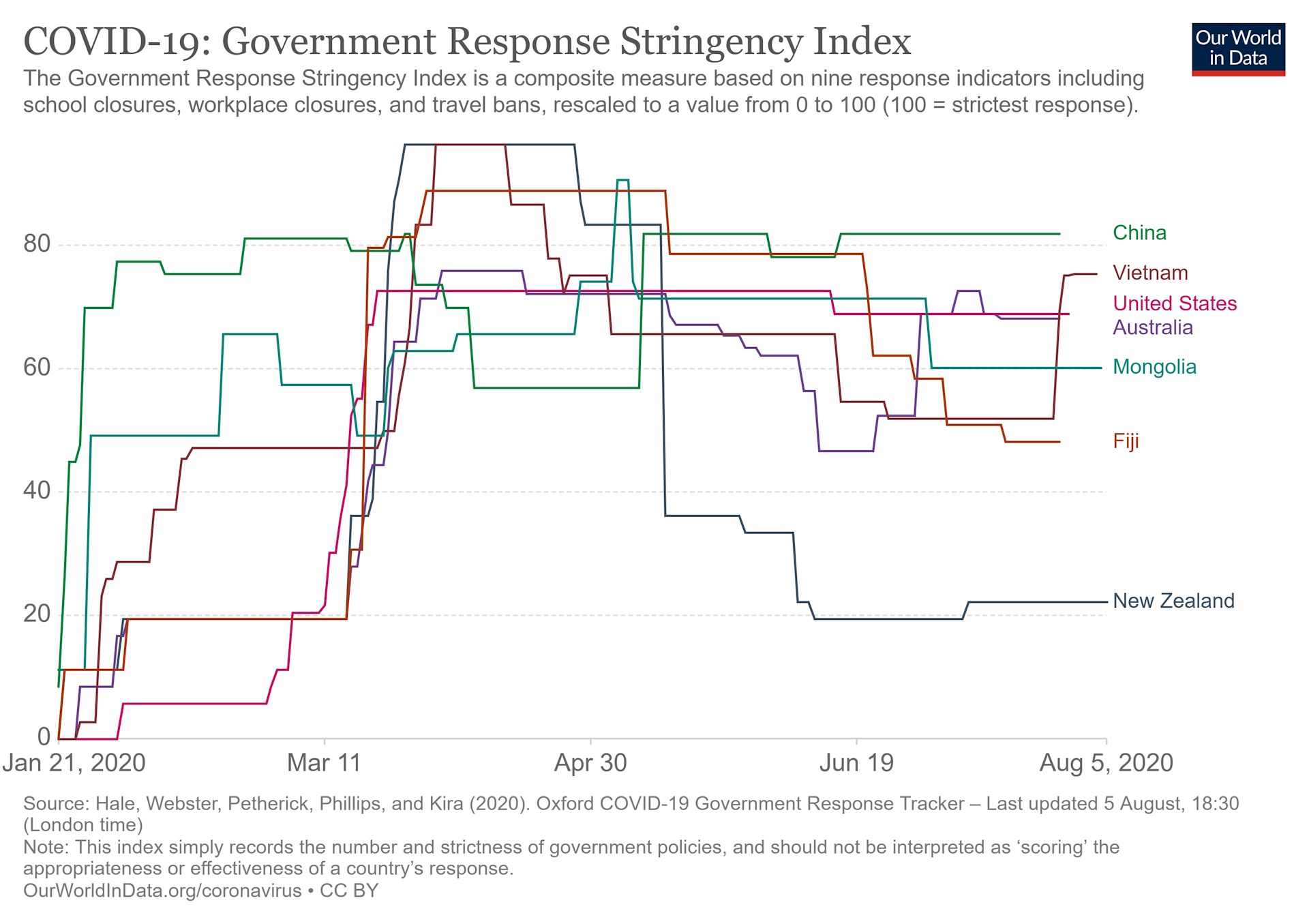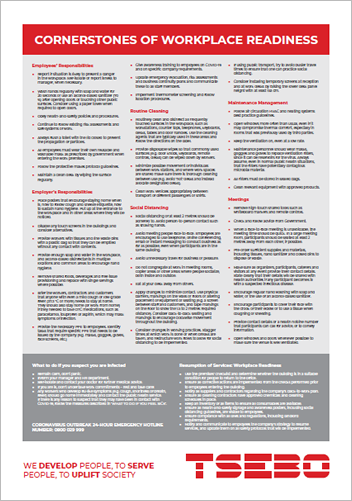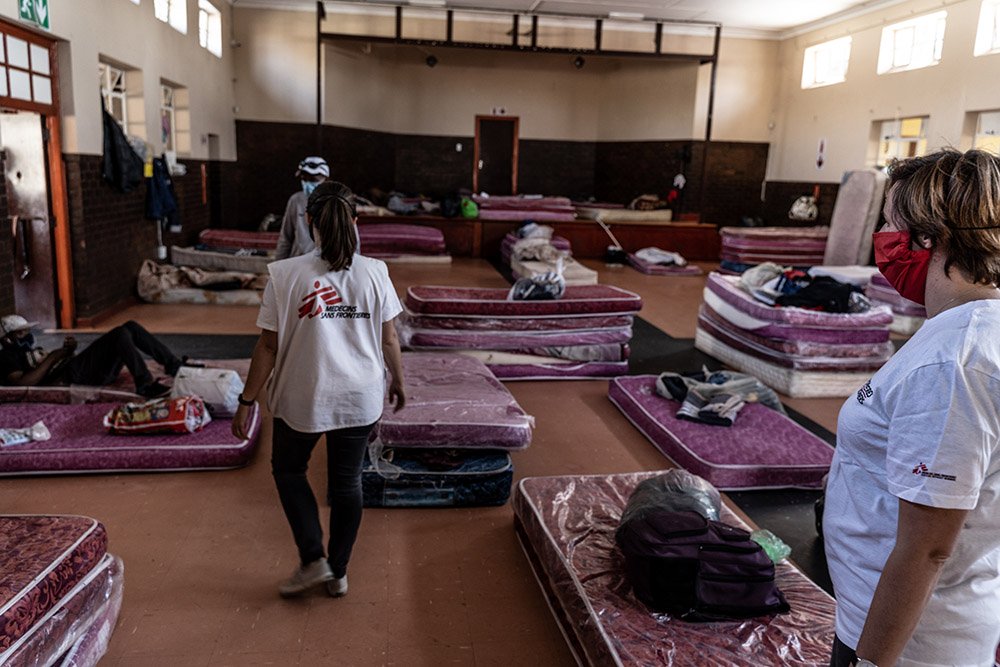

Going forward we need to assure greater access to these basic necessities for modern medicine.

The WHO has noted that over the course the pandemic 133 countries reported shortages of oxygen, something that’s crucial for dealing with COVID. Many places are dealing with the pandemic in the context of vast historical, structural health care inequities. On the other hand, unfortunately, not everyone has access to these critical tools. Hanage: On the one hand, we have developed a number of effective therapeutics, we have effective vaccines. This is a key message: If you can delay infections until after effective therapeutics are available, then far fewer people end up being severely ill and dying. People who were infected after that point had far better chances than they would have done beforehand.
#CORONAVIRUS TOTAL LOCKDOWN LESSONS WORLD TRIAL#
By the time the recovery trial in the UK started reporting its first results in June 2020, just a few months into the pandemic, we knew that dexamethasone was an effective and readily available treatment.


#CORONAVIRUS TOTAL LOCKDOWN LESSONS WORLD HOW TO#
There was too much talk, not enough action.Īs far as early successes, in places where the pandemic was wrestled to the mat or in the early months, that delayed things until we were able to start learning how to treat the illness. If you make them too late you’ve often baked in a conclusion which is much worse than you would like to be dealing with. This is the difficulty in making good decisions in the absence of evidence, and in the face of a virus that spreads exponentially. Meanwhile, around the world people were more focused on how many cases were relatively mild, instead of moving quickly to prevent the spread of the virus elsewhere. But hospitalizations and deaths continued to increase for four weeks after those lockdowns were in place. Hanage: When the outbreak first hit Wuhan, China-a country which is capable of a faster, stricter lockdown than most others-they shut things down quickly. What did we get wrong, what did we get right? Harvard Medicine News: Walk us through what happened in the first months of the pandemic. Jeremy Luban, professor of molecular medicine, biochemistry & molecular biotechnology at UMass Chan Medical School viral variants program co-lead for MassCPR.Jake Lemieux, instructor in medicine, Harvard Medical School, infectious disease specialist at Mass General viral variants program co-lead for MassCPR.Bisola Ojikutu, executive director, Boston Public Health Commission associate professor of medicine, Harvard Medical School.Bill Hanage, associate professor of epidemiology co-director, Center for Communicable Disease Dynamics at Harvard T.H.Ruanne Barnabas, chief, division of infectious diseases, Massachusetts General Hospital.As the COVID-19 pandemic enters its third year, what lessons have we learned and how do they illuminate our path forward?Įxperts from the Harvard Medical School-led Massachusetts Consortium on Pathogen Readiness looked back on the first two years of the pandemic, breaking down the successes and failures in the response to the pandemic on the scientific, clinical, public health, and policy fronts, and discussed how lessons learned should be applied going forward, both in the ongoing fight against COVID-19 and in response to future outbreaks.


 0 kommentar(er)
0 kommentar(er)
